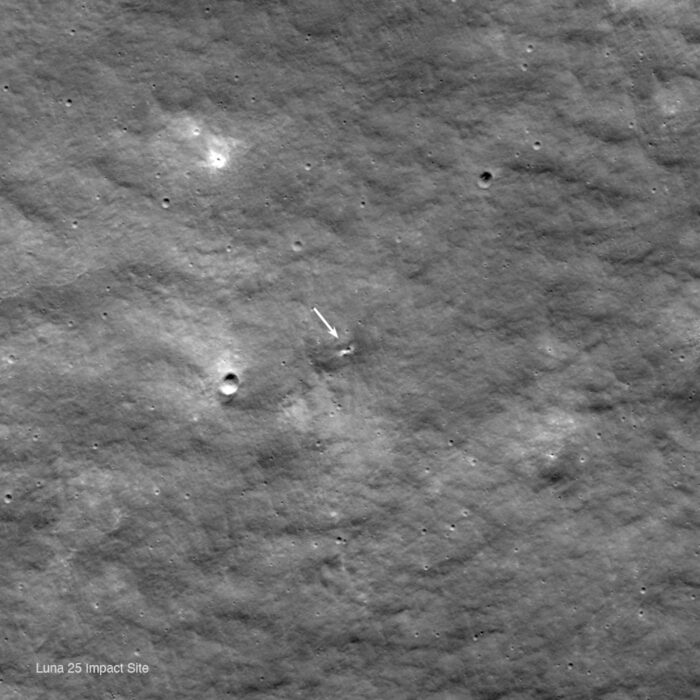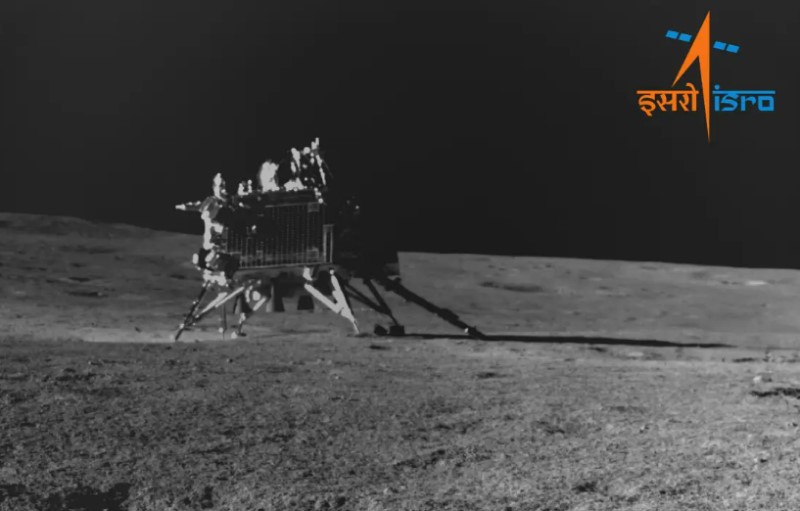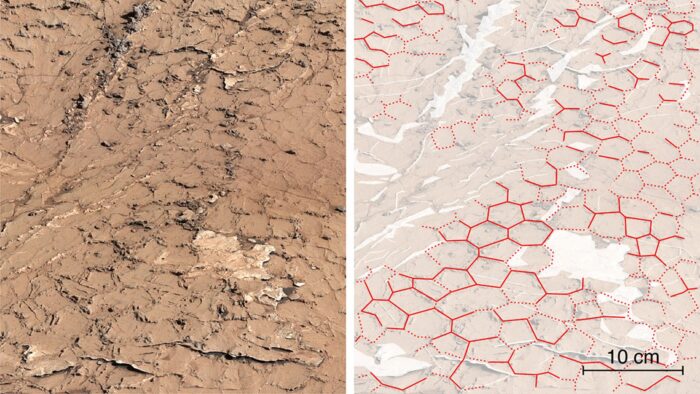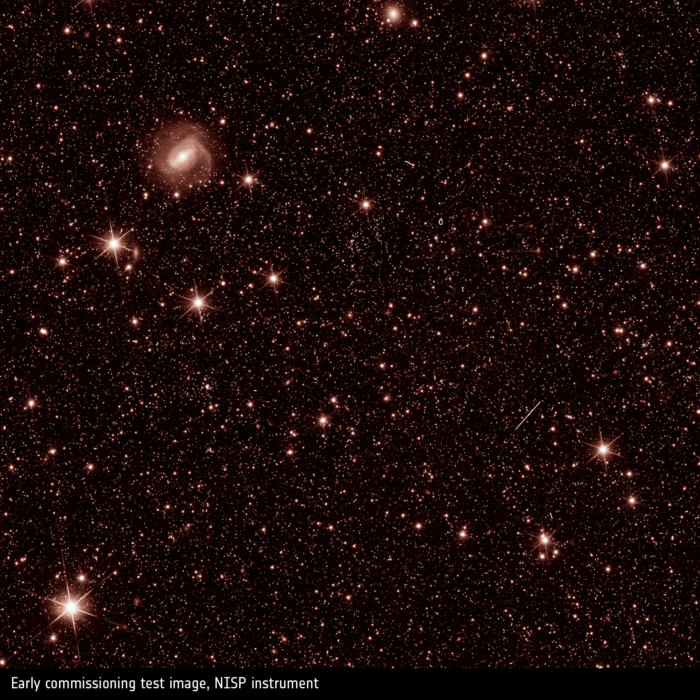May 7 to 22 is Science Odyssey, a celebration of all things science! OWLconnected is recognizing this two-week event with lots of science content, as well as with an amazing contest, presented by our friends at the Natural Sciences and Engineering Research Council of Canada (NSERC). Details are at the end of this post—be sure to enter!
All together now
One of the most stunning things about the universe is just how big things are. For example, the massive black hole Ton 618 is 66 billion times the mass of our Sun. We'll let you think about that one for a sec!
But in truth, you don't even need to leave our own solar system for some stunning comparisons in size. This minute-long animation shows the major bodies in our space neighbourhood next to each other to scale (this means that they are all the same size in the video relative to each other as they are in real life).
Planets in Motion
Starting with the dwarf planets Ceres and Pluto, we move to the Moon, up through the rocky planets, then the gas giants, and finally, our star, the Sun. It's really mesmerizing. Just as you're getting used to the sizes of the objects, something WAY bigger swoops into view, completely changing your perspective.
The video also shows the relative speed of the body's rotation, as well as the axial tilt (how vertical the body is as it rotates). These extra features make the video worth a few views.
Many of the planets are leaning slightly to the right, including Earth. But one planet leans way over on its side. How did that happen? Then there are the rotations—Earth and Mars are moving along fairly quickly, while Mercury isn't moving at all. (More on that here.) And just when you think you've seen it all, Jupiter pops into view and is spinning like top!
Thanks to the astronomer Dr James O'Donoghue for taking the time to throw this video together. Check it out for yourself below!
Contest alert
Don't forget to enter the Science Odyssey Contest! CLICK HERE TO ENTER.

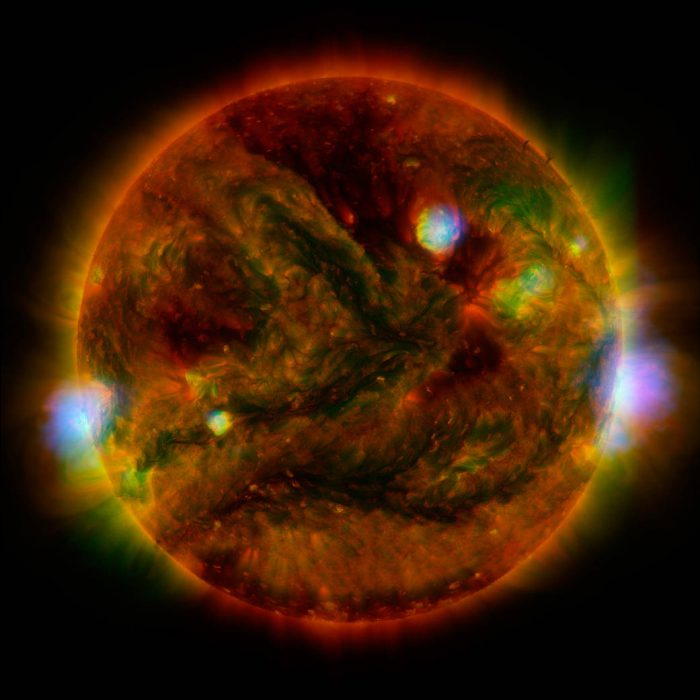 The Sun dominates our solar system. (NASA/JPL-Caltech/GSFC/JAXA)
The Sun dominates our solar system. (NASA/JPL-Caltech/GSFC/JAXA)

